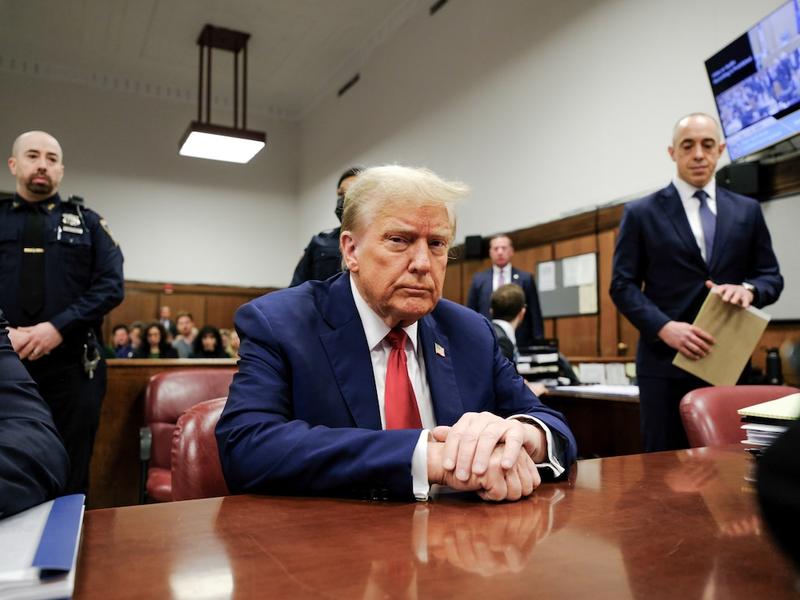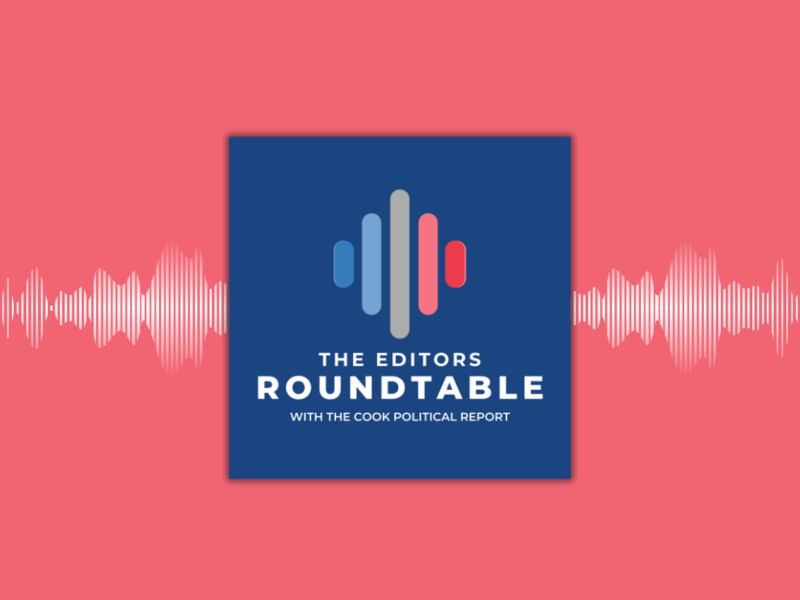This article was originally published in the National Journal on April 6, 2021.
The hot topic this week is the tension between the Republican Party and their traditional allies in the business community over the GOP’s new election laws in Georgia and a panoply of other cultural fights that Donald Trump picked as president.
Writing for NBC News, Allan Smith argues that “such public dust-ups” between old partners are “years in the making.”
“The shift is the product of a Republican Party increasingly driven by ‘culture war’ issues that animate a base invigorated by Trump and corporate powerhouses that are under more pressure than ever to align themselves with the Left on voting rights, LGBTQ rights, and anti-racist efforts,” writes Smith.
It is understandable why many leaders in the business community and “legacy” Republican Party—the one that supported internationalism and free trade, not populism and protectionism—are growing concerned with today’s GOP. Not only has the party largely abandoned the libertarian principles that once helped those companies’ bottom lines, but it now seems much more concerned with transgender athletes competing in sports than the economic vitality of their states. I’ve heard a few on the business side of things wondering how many of these Republican elected officials and activists who are advocating some of these new measures can point to a single transgender student or student-athlete in their state House or Senate districts, or a case of actual vote fraud in their district or state. It’s a classic case of people fighting over symbols and hypotheticals, rather than the issues that employers, employees, and customers face in their daily lives.
By their very nature, most business leaders find such fights distasteful and distracting at best. At worst, such cultural conflicts make their lives more complicated and potentially exposes them to boycotts from one side or the other.
So how long could this estrangement between the GOP and business last? Well, Biden and the Democrats could buy some additional goodwill with an infrastructure bill, being that ours has been chronically underfunded for 40 years or more. These are the streets, roads, and bridges that their company vehicles, employees, and customers must drive on or pass over every day, to say nothing of mass-transit systems.
If “time heals all wounds,” however, it won’t be too long before a more pressing fight occurs, one far more germane to corporations’ bottom lines than what is being talked about today. The focus on the Biden agenda so far has been on spending, both on the coronavirus relief package and now the extra-large-sized infrastructure package. The next big battlefield will likely be on the taxes needed to pay for it all.
Business can count on an aggressive package of tax increases on business and high-income households that will likely dwarf their discomfort with the GOP’s culture wars du jour. Because Biden has made very clear that he will not raise taxes on families with incomes less than $400,000 a year, that simply means that the burden of increases will fall that much more on business and their better-paid executives, closer to home than school bathrooms and athletic eligibility. After taxes, the next set of big fights for business will be on the promulgation and enforcement of regulations, something that affects the bottom lines of their companies rather than their sensibilities.
It should be noted that referring to “the business community” is a misnomer as there really isn’t a single business community. The concerns of Fortune 500 companies, for example, are quite different from a merchant on a small-town Main Street or a strip mall in a small city or outer suburb. The big investment banks have somewhat different concerns from community banks, while hedge and private-equity firms have still different priorities.
Nevertheless, don’t underestimate how fights over taxation and regulation may gloss over some of the current differences. The question is, if the economy does improve a good bit from the Biden and Democratic agenda, will it bring some white working-class voters back into their fold? How about the small but significant segment of African Americans and Latinos who have drifted away from Democrats as well?
Remember: We are still in the first act of an eight-act play. There are plenty of scenes still ahead.










Subscribe Today
Our subscribers have first access to individual race pages for each House, Senate and Governors race, which will include race ratings (each race is rated on a seven-point scale) and a narrative analysis pertaining to that race.